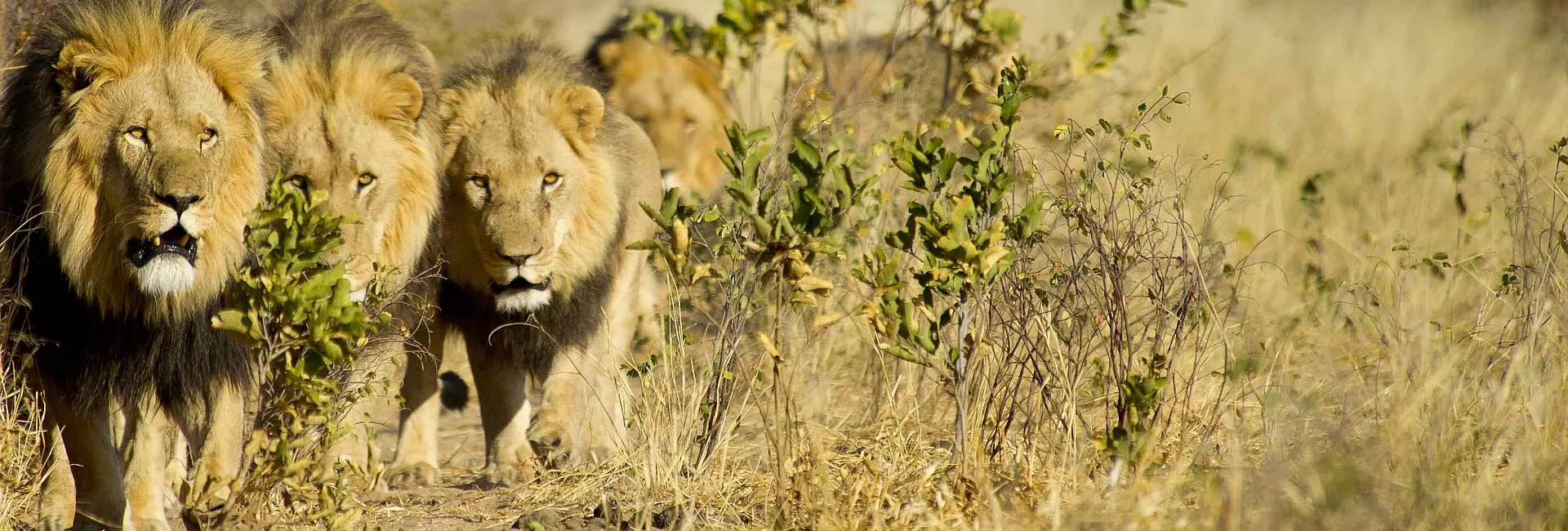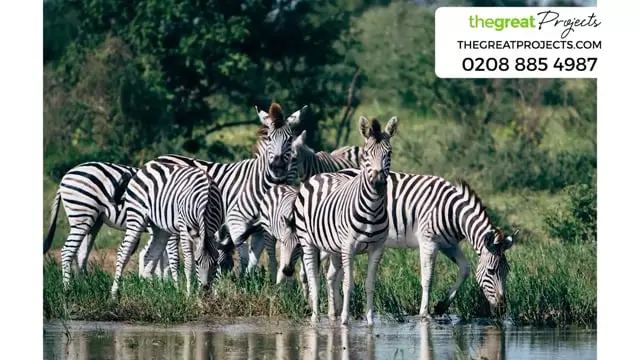
Botswana
Volunteer In Botswana
Botswana holidays range from visiting the Okavango Delta to viewing some of the world most spectacular wildlife. At The Great Projects we aim to bring you the best Botswana has to offer in wildlife conservation volunteer projects.
Featured on many a wildlife documentary, perhaps Botswana's biggest draw lies in the palpable attraction of the Okavango Delta. Claimed by many to be the best wildlife viewing destination on earth, the Okavango is truly a place in which to marvel at the incredible sights and sounds. With stunning vistas of glinting rivers and lakes, dramatic scenes of wildlife (including all of the Big Five) charging through its every stretch - this is the Africa we all dream about visiting.
If you volunteer in Botswana during the months of March until August, the delta floods and transforms into a lush haven three times its permanent size. Over 200,000 large mammals (and many other smaller ones) are attracted here during this period, making it one of the greatest concentrations of wildlife anywhere on earth.
Aside from the delta, there are numerous other natural wonders present here, including the Kalahari Desert. These incredible wonders make volunteering in Botswana and a trip to the Okavango Delta feature highly on many peoples bucket lists. If you choose to become our next Botswana volunteer, you will be taking part in a life-changing experience for both you and the local animals so take a look at Bostwana today and plan your next holiday!

Projects Do More
14 Nights from $3,639.00
Help rescue a rhino from a high-risk poaching area and relocate the animal to the safety of the SanWild Sanctuary & Reserve!
View projectOn the Blog

Wildlife
Botswana is a unique country in the Southern part of Africa. Its varied collection of landscapes, from stunning deserts in the summer through to picturesque wetlands in the winter, ensures that spectacular arrays of animals gather here year round including:
- Lions
- Cheetah
- Hippopotamuses
- Crocodile
- Hyena
- Giraffe
- Zebra
Botswana is one of the world’s best places to spot a wide variety of wildlife, and as a country which is home to the “big 5”, you will be sure to get your animal fix whilst exploring here! The verdant scenery is the perfect location for many animals to flourish, so pack your binoculars and you can expect to see a wide variety of animals on your trip!

Culture
Botswana is a country so steeped in culture that the local language even has its own word to describe the rich, cultural traditional traditions of the Batswana (what they are called in their own tongue) people. “Setwana” encompasses all that is good about Botswana, including the:
- Skilled craftsmen and women of the Etsha and Gumare villages, famous for their handwoven baskets
- 20,000 year old paintings by the bushman depicting hunting
- Tswana folk music, which is a vocal focussed form of music very popular in the country
With a history stretching back more than 20,000 years, Botswana has a lot to offer anyone who is looking to get their fix of culture. If you do not leave this remarkable country having learnt a new skill or piece of information, you haven’t holidayed correctly!

Popular Destinations
There is a lot to do in Botswana, no matter what you are in to. With such a wide variety of activities to take part in whilst there, it is a country which should make it onto everybody’s bucket list. In Botswana you can:
- Watch lions, zebra, and many more animals walk in front of your eyes at the Okavango Delta
- Take in some of the countries incredible history at the Tsodilo Hills World Heritage Site
- Camp out under the stars at Lake Makgadikgadi, relaxing by the campfire and watching the world go by.
Botswana holidays are a great way to get back to nature, and with so many places to visit, we recommend that you make your trip a long one. If not then you will just have to pay the country another visit and we all know what a shame that would be…



